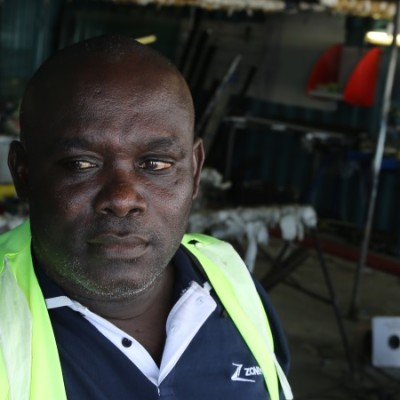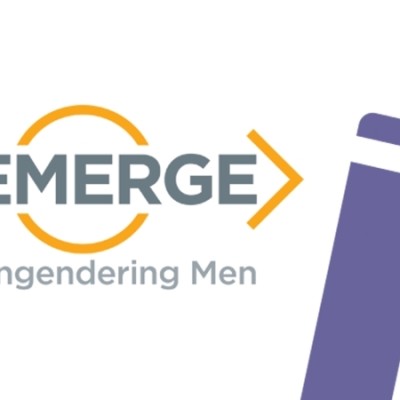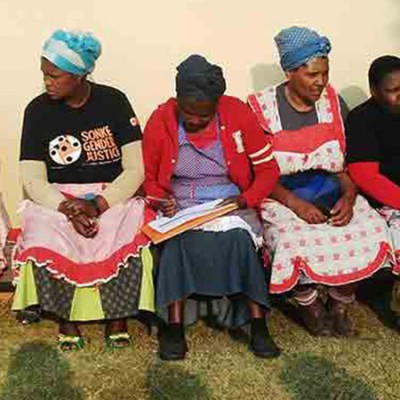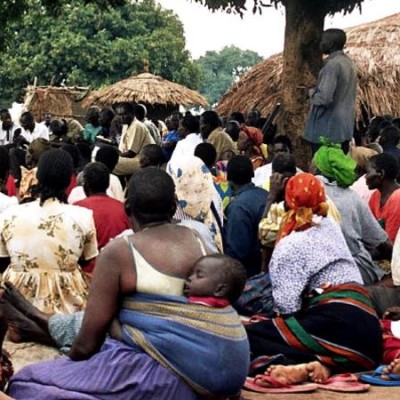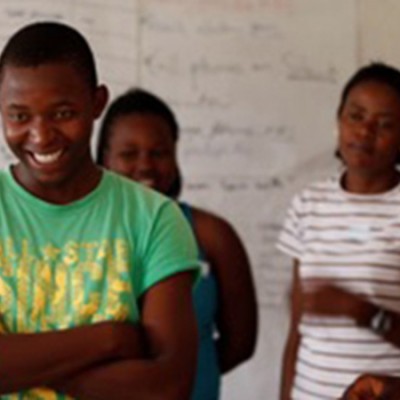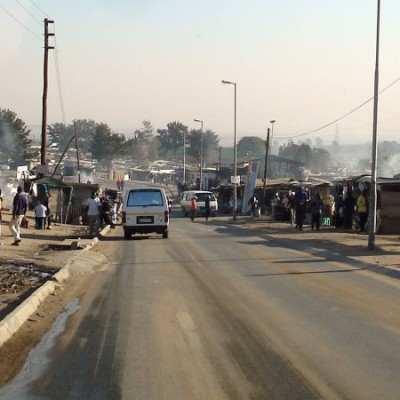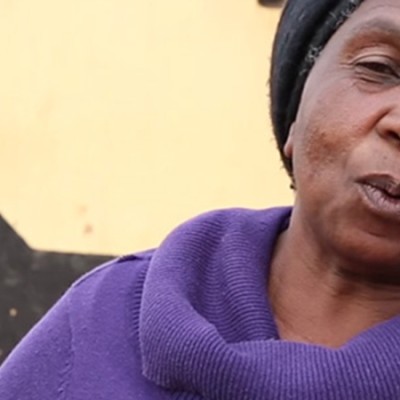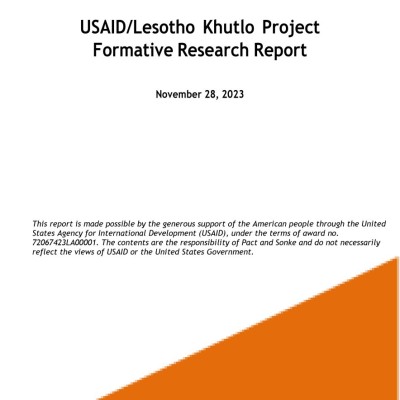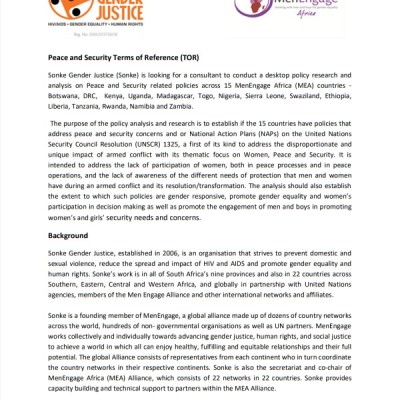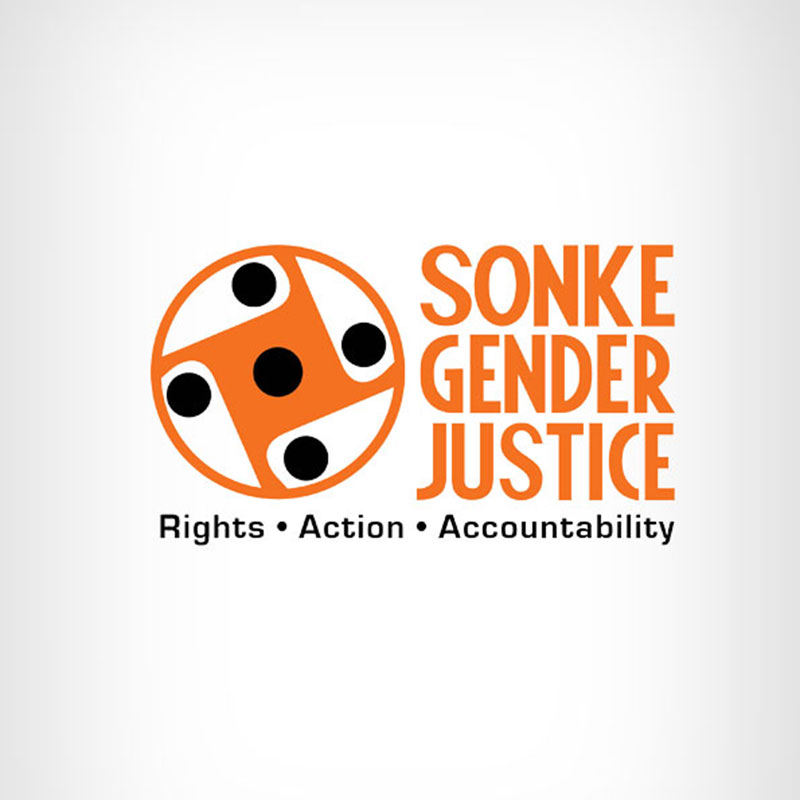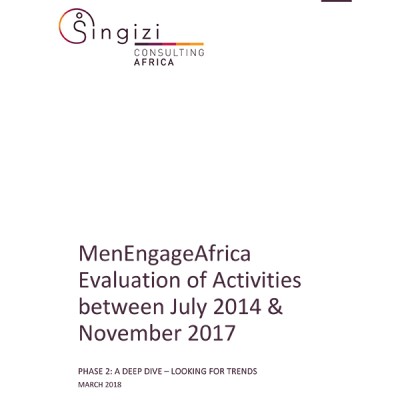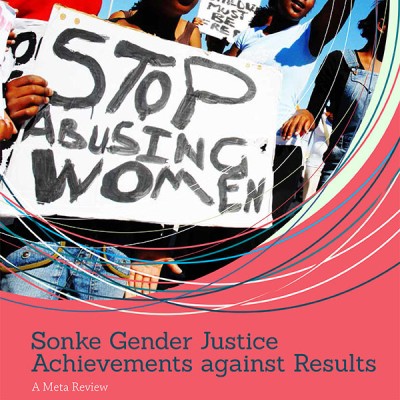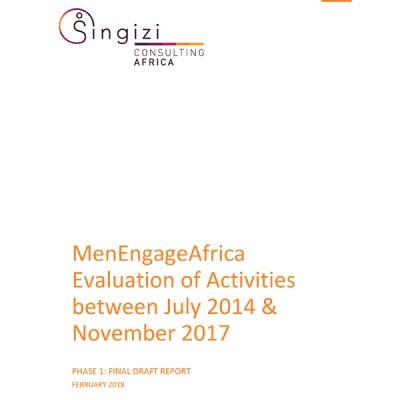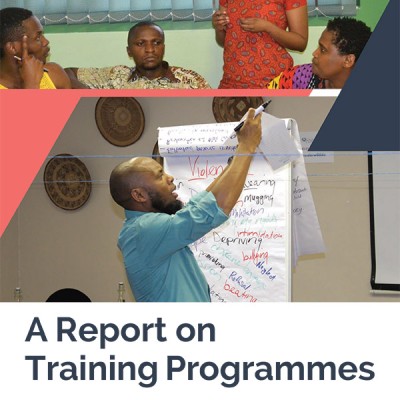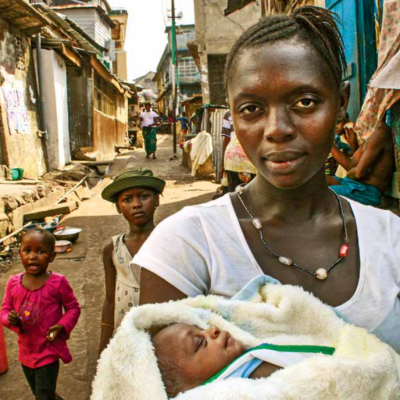Sonke is committed to knowledge creation and evidence-based research. It is our aim to continually strengthen gender justice organisations around the African continent and more widely around the globe. We collaborate with reputable research partners to undertake critical research projects, contributing to an evidence and knowledge base of transforming gender relations for gender justice.
In addition to generating knowledge, we are committed to building the internal capacity of our organisational partners to develop effective monitoring and evaluation systems with which they can track, measure and improve their own work. We also support partners to undertake context-specific research to inform their own work.
To ensure that our own programmatic work is effective, we remain informed of best practices as we consistently monitor our impact. This assists us to improve our work, ensuring it remains sensitive to the needs of the communities we work with and the changing contexts of the world around us.
In collaboration with all units and portfolios at Sonke, the RME Unit collects, structures and analyses data, in order to measure the effectiveness and impact of our work. The gathered intelligence works to strengthen the evidence base on gender transformative practice and policy, as well as inform, monitor and evaluate Sonke’s programming and advocacy strategies. The unit also provides technical guidance on research design and methodology, and, on improving and standardising the internal monitoring and evaluation process.
Over the past five years, Sonke has increasingly partnered with academic institutions to evaluate the effectiveness and impact of our One Man Can model and other programmatic work we have developed and implemented in South Africa and throughout the continent.
What we do
Sonke utilises RME as a tool for knowledge generation, strategic decision-making and learning. Additionally, Sonke deploys its generated knowledge to advocate for and influence policy and programming practice at the local, regional and global level. To ensure that the monitoring and evaluation (M&E) system remains effective, efficient and responsive to the organisation’s strategic learning goals, M&E happens throughout the project cycle and is embedded in organisational processes.
Consistent with Sonke’s commitment to understanding and learning from our work so as to continually refine and improve it, and in line with our commitment to strengthening the health, human-rights and gender-equality sectors more broadly, Sonke has conducted rigorous research on our CAT work, including in ongoing partnerships with internationally recognised researchers from schools of public health and schools of law at various prestigious universities. These include the University of Cape Town, the University of the Witwatersrand, the University of Pretoria, the Medical Research Council, the University of North Carolina at Chapel Hill, the University of California at San Francisco (UCSF) and the University of California at Los Angeles (UCLA). These partnerships have allowed us to develop and test new theoretical frameworks and implementation models for community mobilisation, including through a number of National Institute of Health-funded randomised control trials, recognised as the gold standard for impact evaluation. These studies are currently taking place in Bushbuckridge, Mpumalanga; in Diepsloot, a large informal settlement just outside Johannesburg; in the Central Business District of Johannesburg, and from our Wellness Centre in Gugulethu, Cape Town. Findings from this research have been positive and in some instances have indicated significant reductions in men’s violence against women, improvements in community health seeking and reduced levels of parental violence against children, and have been widely published in peer-reviewed journals of public health and presented at major health and human-rights conferences.
Ten Year Review of Sonke’s Work and Impact
In 2017 Sonke Gender Justice sought to review and offer an account of its contribution, over the last ten years, towards reaching gender equality, reducing gender-based violence, and addressing HIV and AIDS in South Africa and at regional and global levels.

